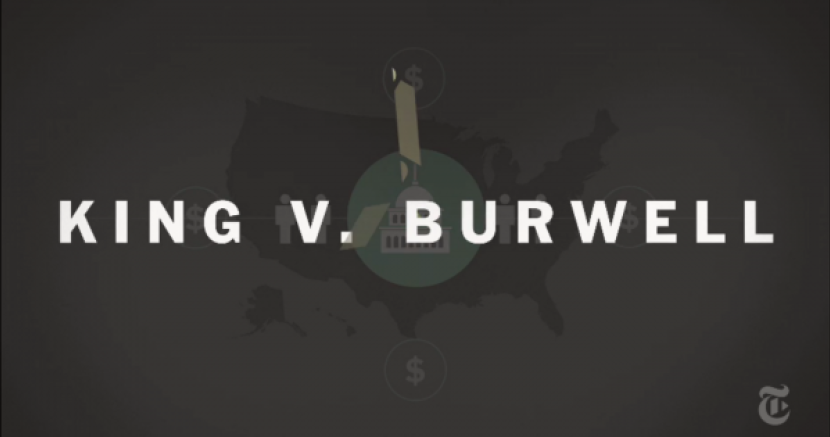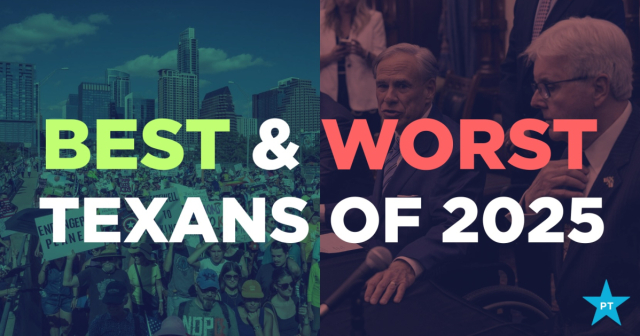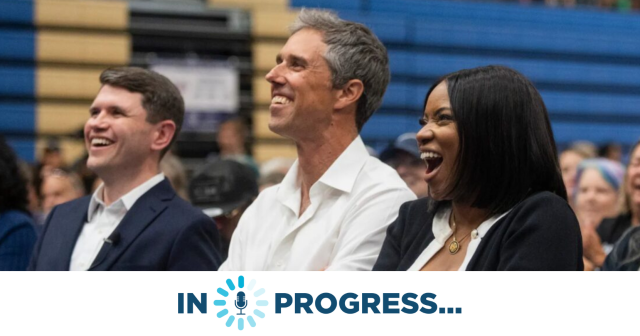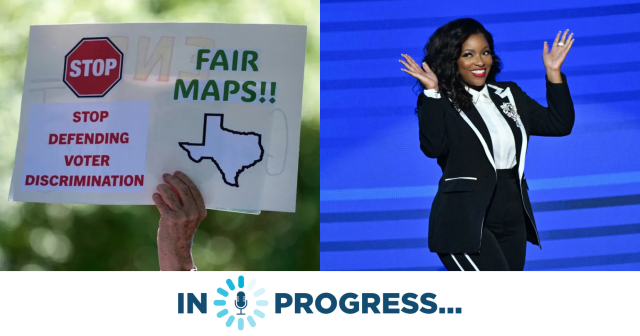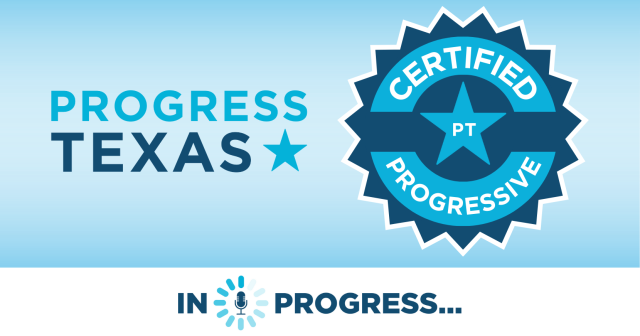The U.S. Supreme Court heard oral arguments for King v. Burwell last week - the case which could upend the Affordable Care Act and jeopardize health care coverage for millions of Texans. With so much at stake, the case is an important reminder of why we fight for better health coverage for Texas.
In case you missed it, here's a summary of how the arguments unfolded and what the future of affordable health care in Texas looks like.
1. Health Coverage for 1.5 Million Texans Is At Stake
As we wrote last week, the consequences of a Supreme Court ruling that favors opponents of health care reform could be disastrous:
It’s estimated that nearly 8 million Americans would lose their tax credits if the challenge is successful, and the sharp hike in premiums would likely result in cancellation of most, if not all plans. The very success of the suit could result in thousands of deaths.
In Texas, nearly 1.5 million Texans would lose an average of $2,780 in tax credits and cost-sharing reductions. That's $4.4 billion in lost tax credits to Texas families.
2. Republican Group Behind Bogus ACA Challenge
From the moment the ACA was signed into law, conservative conferences and think tanks were formed to brainstorm how they could dismantle health care reform. It was at one of these conferences that King v Burwell was born.
The libertarian think tank, the American Enterprise Institute, noticed the weakness in four words of a 90 page document - "established by a State" - and decided it could be enough to burn the whole thing down. Essentially, they think since the federal exchange was not established by a state it should be ruled unconstitutional, thereby ending the ability of millions of Americans to shop for and get tax credits for private, affordable health coverage.
Emboldened by this strained and implausible reading, they then sought out plaintiffs who could feasibly represent the “harm” the ACA had caused them.
3. People Suing to Stop Health Care Reform Call Obama "Anti-Christ"
Four plaintiffs - two women and two men - were recruited as plaintiffs in the lawsuit on the basis that they all claim law’s subsidies kept them from being eligible for a hardship exemption. Currently, you can claim a hardship exemption if your health insurance costs amount to more than 8 percent of your income. With the subsidies, they didn't meet that exemption - and therefore were subjected to being issued a fine for opting out of health care coverage.
Mother Jones dug further into who these plaintiffs really are. What they found was baffling:
“Three of the four plaintiffs are nearly eligible for Medicare, meaning their objections to Obamacare will soon be moot. Two of them appear to qualify for hardship exemptions - that is, they are not forced to acquire insurance or pay fines because even with a subsidy insurance would eat up too much of their incomes - so it's unclear how Obamacare had burdened them.
These two plaintiffs seemed driven by their political opposition to President Obama; one has called him the "anti-Christ" and said he won election by getting "his Muslim people to vote for him."
Yet most curious of all, one of the plaintiffs did not recall exactly how she'd been recruited for the case and seemed unaware of the possible consequences if she wins. Told that millions could lose their health coverage if the Supreme Court rules in her favor, she said that she didn't want this to happen.”
4 What the Supreme Court Justices Focused On During Oral Arguments
With all of this in the background, the Supreme Court heard oral arguments on the King v. Burwell case last Wednesday. The early analysis suggests that the case could go favorably for health care supporters for two reasons:
- A federal exchange is clearly defined in other areas of the law, to the point that a singular appearance with questionable wording does not justify gutting the entirety of the law.
- The consequences of a negative ruling raises its own constitutional questions. One of Republicans on the Supreme Court, Justice Anthony Kennedy, raised concerns that unraveling the entire health law and causing a "death spiral" where fewer and fewer Americans could afford health coverage raises serious doubts.
As Think Progress reported:
This threat of a death spiral raises constitutional concerns, because the Supreme Court’s first Obamacare decision forbids Congress from coercing states into taking certain actions. If states are forced to choose between setting up their own exchange or watching their individual insurance markets collapse, that could amount to unconstitutional coercion.
Justice Kennedy appeared to believe that it did. There’s “something very powerful” to this coercion argument, Kennedy said, adding that Carvin’s interpretation of the law raises a “serious constitutional problem.”
5. The Future of the Affordable Care Act
The U.S. Supreme Court will weigh the merits of the arguments in the coming weeks, and a full ruling is expected in June. In the mean time, State Rep. Chris Turner (D-Grand Prairie) has filed legislation to protect Texas consumers should the Supreme Court issue a ruling that jeopardizes their care.
As the Dallas Morning News wrote in an editorial last week:
If the court says Texans can’t receive subsidies through federally run exchanges, the bill would automatically trigger the creation of a state-run health care exchange that would allow Texans to continue to receive federal subsidies and keep their existing coverage.
Texas must begin to solve its myriad health care challenges. Turner’s bill is a pragmatic way to keep a looming problem from becoming a nightmare. It deserves bipartisan support.
We'll have more on Rep. Turner's bill in the coming days.
In the mean time, to stay up to date on this and other cases we track for our Why Courts Matter coalition and on health care coverage in Texas, follow us on Facebook and on Twitter.
DONATE
Your donation supports our media and helps us keep it free of ads and paywalls.

